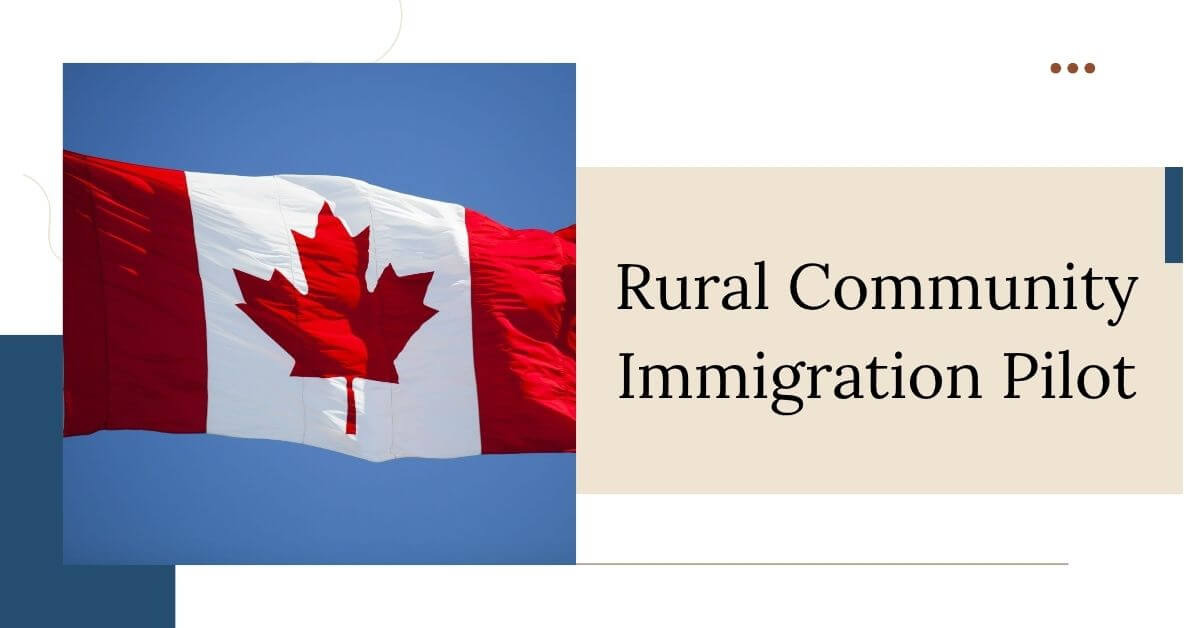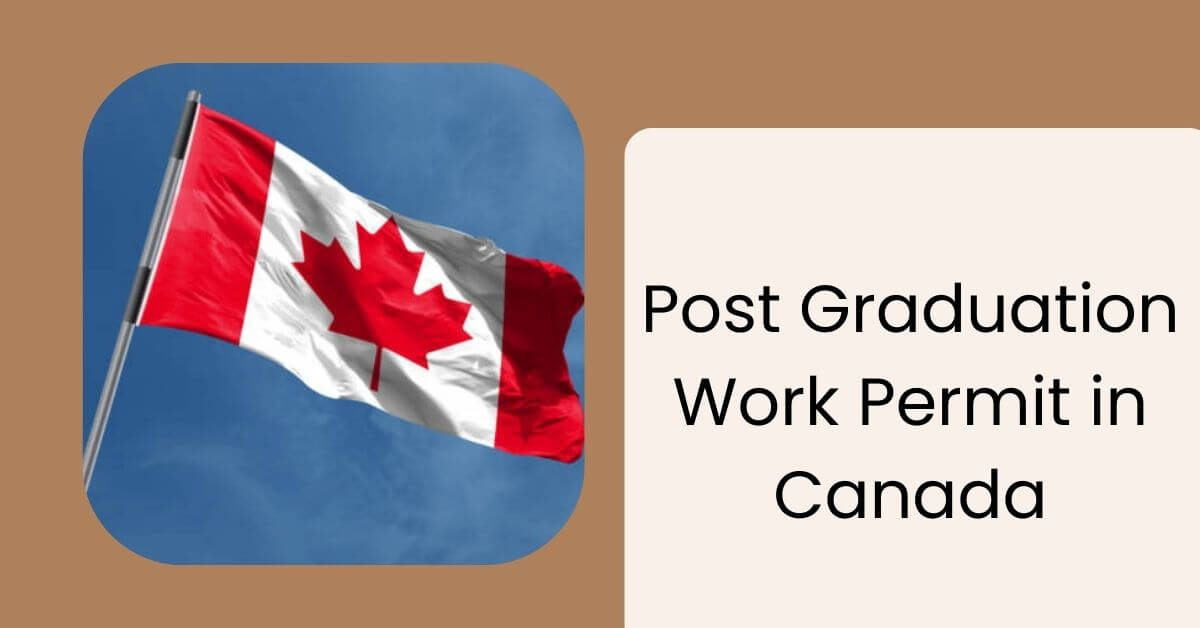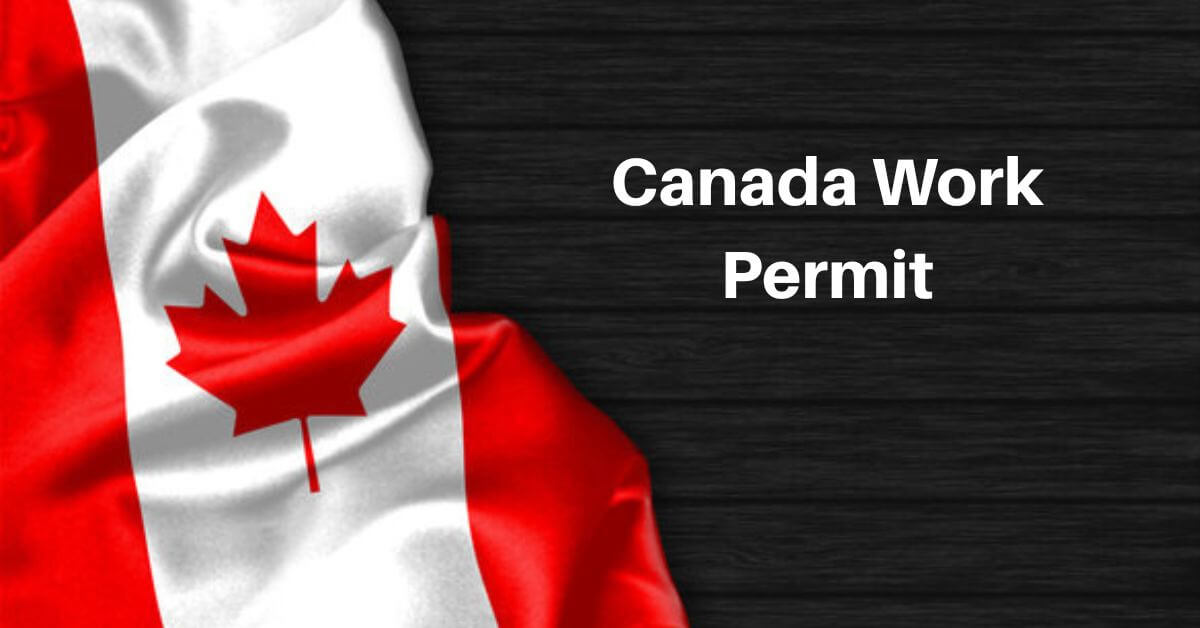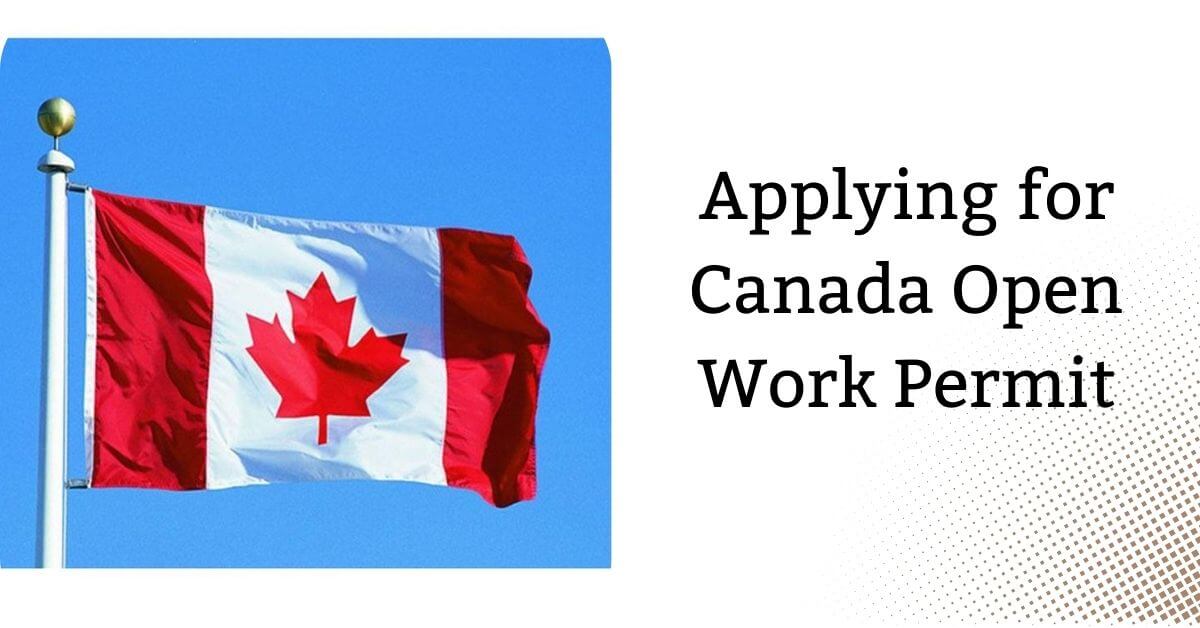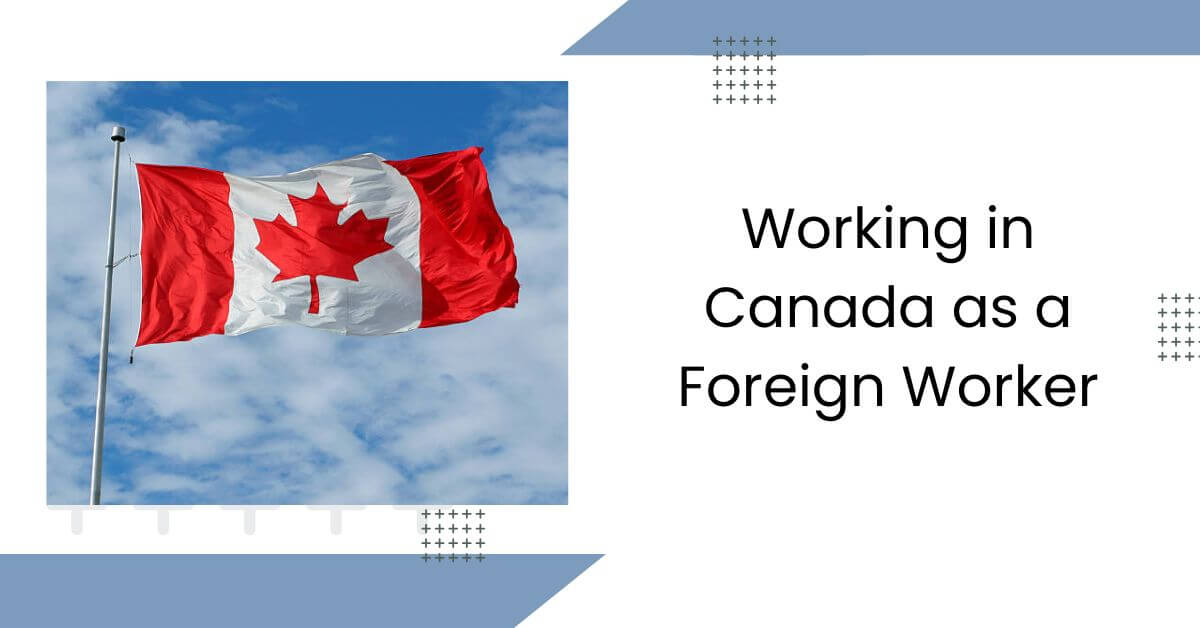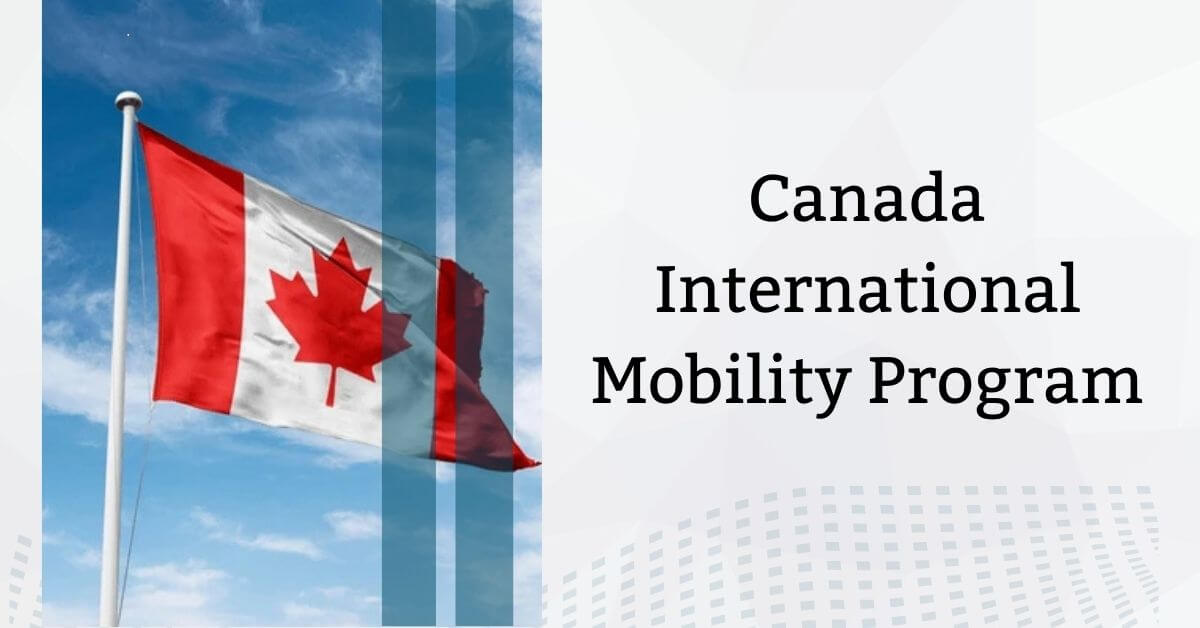As part of its Immigration Levels Plan, Canada wants to let 10,920 new people come to the country through test programs in 2026.
This piece will talk about the Rural Community Immigration Pilot, the Francophone Community Immigration Pilot, the Caregiver Pilots, the Agri-Food Immigration Pilot, and the Economic Mobility Pathways Pilot.
What is Rural Community Immigration Pilot (RCIP)?
The RCIP connects local companies with skilled foreign workers to help rural areas that are having trouble finding enough workers.
It gives immigrants a structured way to find work and become regular residents in smaller cities and towns.
Check More: How Foreign Workers Can Work in Canada
What are the List of Participating Communities in the Rural Community Immigration Pilot?
IRCC said on January 30 that 14 communities had been picked to be a part of the pilot program.
Click on any of the communities below to see what jobs are open.
- Claresholm, Alberta
- West Kootenay, British Columbia
- North Okanagan Shuswap, British Columbia
- Peace Liard, British Columbia
- Steinbach, Manitoba
- Altona/Rhineland, Manitoba
- Brandon, Manitoba
- Pictou County, Nova Scotia
- North Bay, Ontario
- Sudbury, Ontario
- Sault Ste. Marie, Ontario
- Thunder Bay, Ontari
- Moose Jaw, Saskatchewan
Each community will have a local economic development group that will work with IRCC to find job openings, suggest reputable employers, and suggest people who should be given permanent residency.
These groups will also talk about when companies and people who want to get PR can start applying, as well as give more information and dates.
Rural Community Immigration Pilot Applicant Eligibility Criteria:
Those who want to apply must be legally allowed to be a temporary resident at the time of the application and must keep this status until they get permanent residency.
Work Experience:
Applicants must have had full-time work (or part-time work equivalent) for at least one year in a row within the last three years. The National Occupational Classification (NOC) rules say that this knowledge has to match key responsibilities from the NOC lead statement and a big part of the main duties.
Job offer requirements based on TEER levels:
TEER 0/1: This means you have learned TEER 0, 1, 2, or 3.
TEER 2/3: You must have taken TEER 1, 2, 3, or 4 before.
TEER 4/5: Must be in line with the NOC unit group that was given.
Some nursing workers may be able to use certain NOC codes for jobs that are similar.
International Graduate Exemption
Graduates who finished an eligible full-time school in the last 18 months may not have to get work experience if the program met the requirements for length and location.
Language Proficiency
Applicants must meet the following language requirements based on the NOC TEER group of the job:
TEER 0/1: CLB 6 TEER 2/3: CLB 5 TEER 4/5: CLB 4
The results of a language test must be less than two years old.
Education Requirements
Candidates must show proof that they have completed at least high school:
Send a copy of the diploma or award for Canadian credentials.
For credentials from other countries, you must show an Educational Credential Assessment (ECA) that was given within the last five years.
Proof of Financial Means
Candidates must demonstrate that they have enough money, which is equal to at least 50% of the low-income threshold for rural places set by Statistics Canada.
Intent to Reside
Applicants must make it clear that they want to live in a certain rural town.
What is an Immigration Pilot?
An immigration pilot program is a short-term plan to help regions or areas that need more workers by making it easier for skilled workers and refugees to move to Canada. Before they might become official immigration programs, these pilots test out new rules and policies.
Frequently Asked Questions:
-
What is the Rural Community Immigration Pilot (RCIP)?
RCIP is a community‑driven immigration pathway launched in late 2024, offering a permanent residence route for skilled workers with job offers in one of 14 designated rural communities in Canada.
-
What are the eligibility requirements for RCIP?
You must have a valid full‑time job offer from a designated employer in a participating community, at least one year of relevant work experience (with some recent grad exemptions), a language test, an education credential assessment, proof of settlement funds, and genuine intent to live in the community.
-
How does the application process work?
First secure a job from a designated employer, then the employer applies to the local economic development organization for your recommendation. Once recommended, you file your permanent residence application with IRCC—and you may get a 2‑year work permit while it’s processed.
